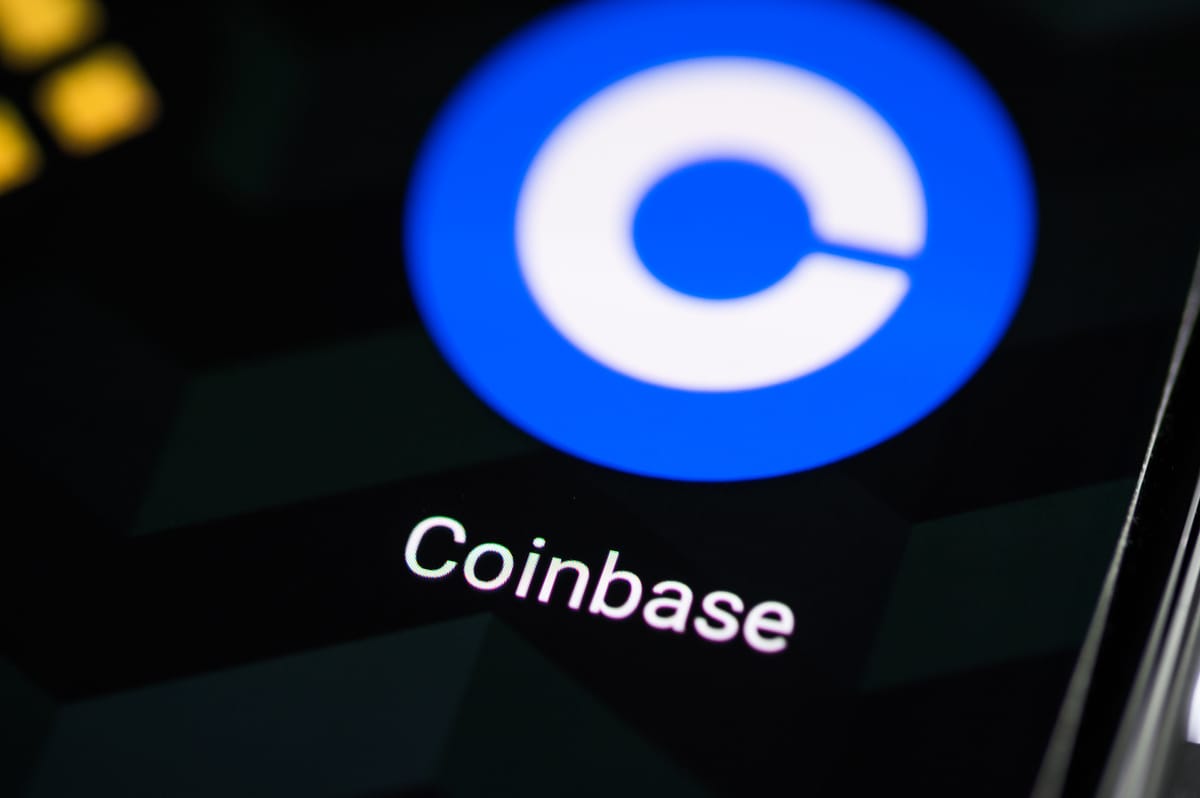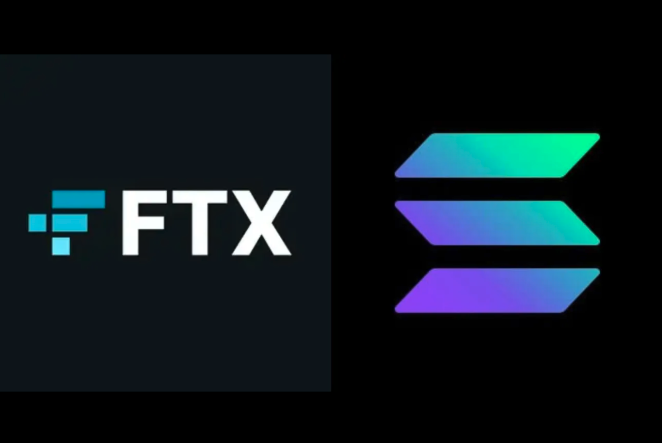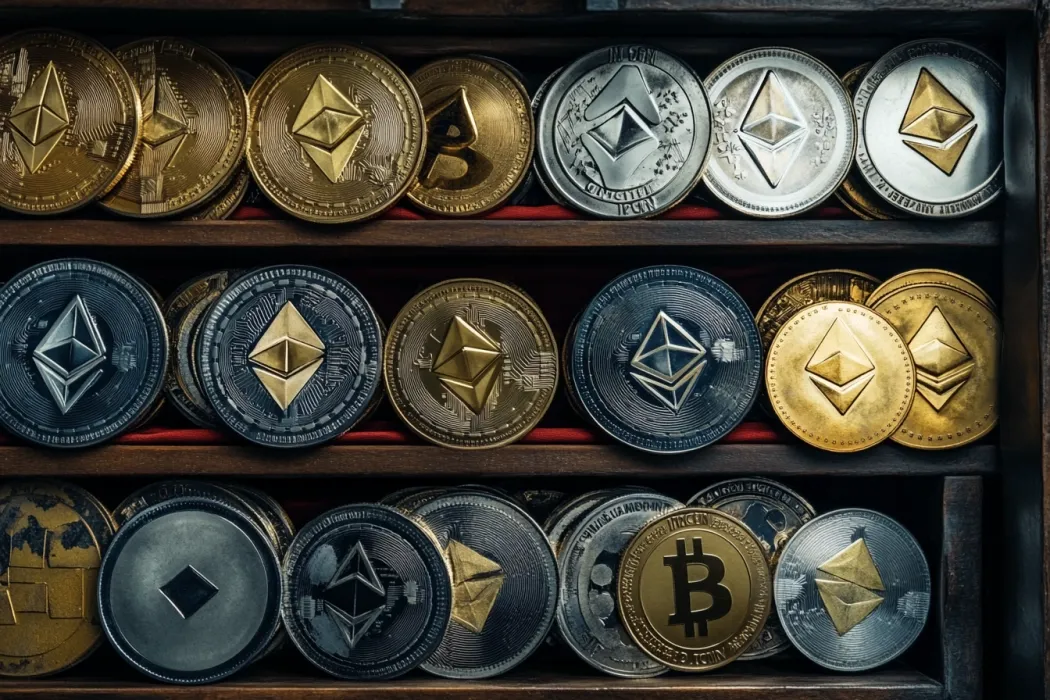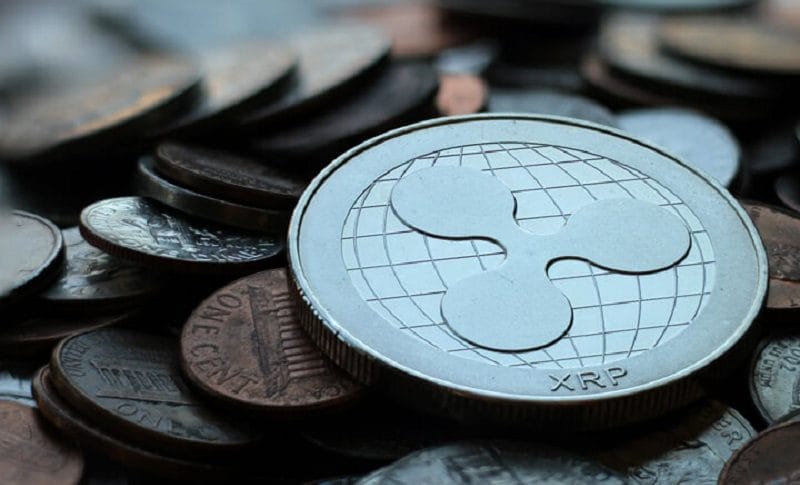Table of Contents
Financial markets and payment processing banking technology firm Neo polled 100 European payment survey providers (PSPs), and their findings painted banks in a negative light.
Due to constraints imposed by banking partners, 29% of PSPs are hesitant to collaborate with cryptocurrency exchanges.
However, the rising popularity of stablecoins as a means of international money transfers "limits PSPs' opportunities to participate in this growing sector, potentially affecting their capacity to innovate."
Research shows that PSPs are careful not to alienate their banking relationships. As many as 95% have had their accounts restricted or closed by their banks.
The absence of openness is a major gripe. When asked why their accounts were cancelled or limited, 71 per cent of users indicated they didn't know.
Some 42% encountered limitations or closures for which the banks explained. The sum is greater than 100%, as it has frequently occurred with many banks.
Because of this, most PSPs have more than one banking relationship—the average is somewhat under three. 30% have four or five banks, while 55 per cent have two or three.
Finding a new banking partner is an incredibly time-consuming process if they lose one.
Only 2% of PSPs have successfully opened accounts in less than six months. With a mean of 11.5 months, the majority of account openings take 7 to 18 months.
The United Kingdom seems to have the widest range of times, including the shortest and the longest.
So, what are the most significant banking issues related to using stablecoins
- Prolonged procedures for new hires: Banks take time to onboard employees who specialise in crypto and stablecoins. This could lead to delays.
- Discordant with cryptocurrency markets, stablecoins: Traditional banks are less willing to integrate with volatile markets and often do not have the infrastructure for it.
- Possible account termination: Regulatory changes and concerns could lead to accounts being closed.
- Antiquated hardware: Banks rely on outdated technology systems, which may not support the rapid pace of digital currencies like stablecoins.
- Limited assistance when payments are obstructed: When problems occur such as delays in transactions, the bank's support might be limited.
- Statements on risk appetite lack clarity: Banks provide vague statements about their commitment to stablecoins, which makes it difficult for businesses to rely on them.
- Limited ability to clear USD: Banks might struggle to clear stablecoin transactions into USD, especially during high-volume periods.
Just last week, Coinbase Global said it would deslist all unauthorised stablecoins from its EU crypto exchange before the end of the year. Tokens like USDT, created by Tether Holdings, will likely suffer.
By year's end, the European Union will have completely implemented MiCA, new regulations to regulate the cryptocurrency business. Per MiCA regulations that went into effect on June 30, stablecoin issuers are now required to possess e-money authorisation in at least one member state.
Nonetheless, there has been a recent record surge in the number of stablecoin transactions. Stablecoin liquidity surged to an all-time high of $169 billion at end of last month, reflecting a 31% growth since the beginning of the year.
Tether's USDT maintained its leading position, with its market cap expanding by $28 billion to nearly $120 billion, representing 71% of the market.
Circle's USDC also experienced notable growth, with its market cap climbing by $11 billion to $36 billion, a 44% increase year-to-date, capturing 21% of the market share.
Earlier this week, Tether revealed plans to explore lending opportunities in the commodities trading sector. This new venture comes on the heels of the company's record-breaking profits, with a staggering $5.2 billion in earnings for the first half of 2024 alone.
Elsewhere
Blockcast
On this week’s Blockcast, we speak with Luca Prosperi, co-founder and CEO at M^0 Labs, whose man-bun and genial personality belies battle scars from almost 2 decades of traditional banking, helping to build MakerDAO and, a health scare. Luca dissects the concept of money creation and some of the foundations behind M^0’s quest to build infrastructure for a crypto dollar.
Events
GeckoCon (Bangkok, 11 November 2024)

GeckoCon returns, and this year we're diving into the revolutionary world of Web3 Gaming! Discover how the fusion of blockchain and traditional gaming is creating a whole new entertainment layer.Don't miss out—visit CoinGecko now to secure your spot in our first ever Hybrid Conference set to take place in Bangkok, Thailand. Or from the comforts of your home!
Get your tickets now with Blockhead's 40% code: BHGC24
[Limited to 30 redemptions, expires 31 October 2024]
[Redacted] (Bangkok, 9-11 November 2024)
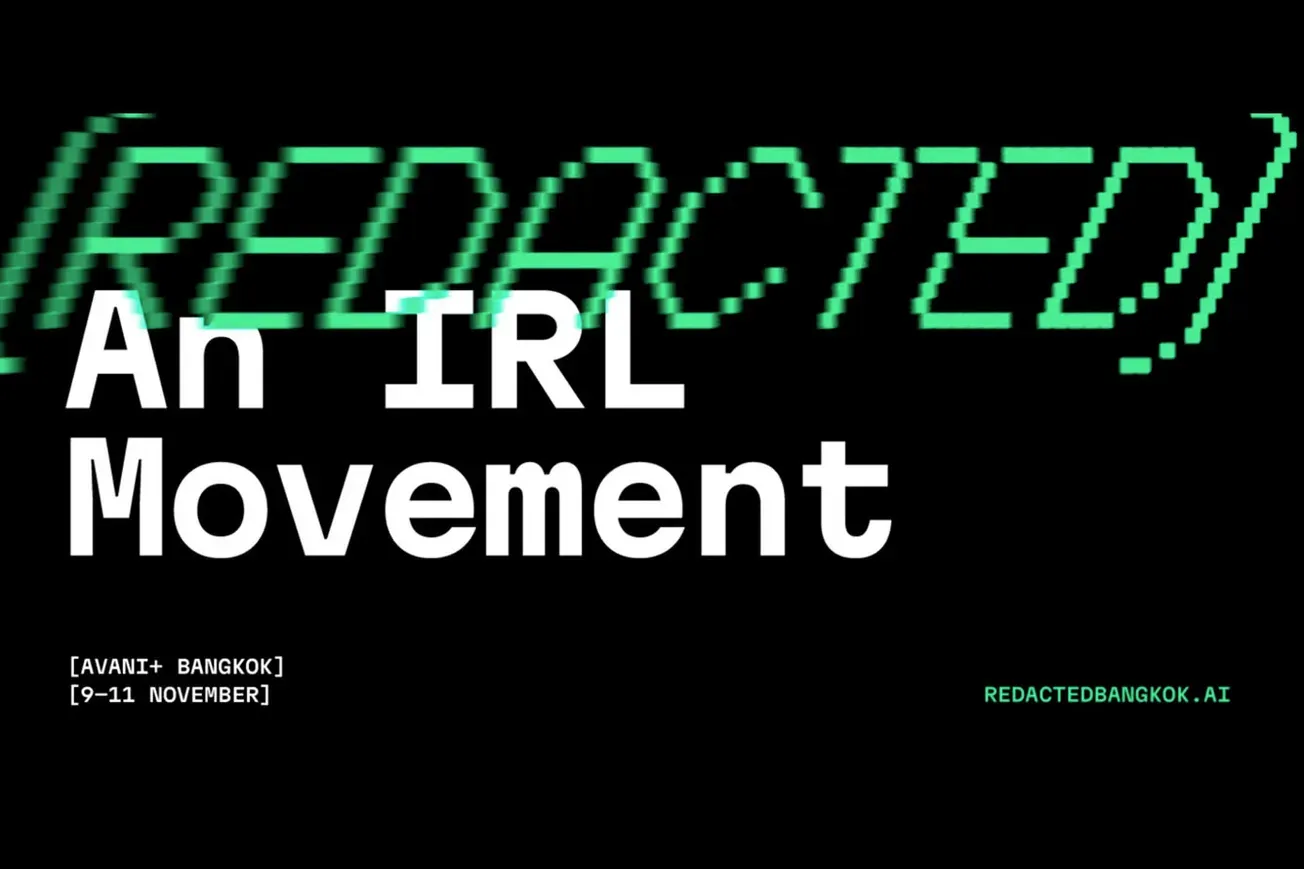
The [REDACTED] conference is bringing together the brightest minds in technology for a transformative three-day event from November 9-11, 2024, at the Avani Riverside hotel. This gathering will take place just ahead of Devcon and promises to be a pivotal moment for the convergence of artificial intelligence and Web3.
Interested readers can apply for free tickets here, and sign up for the hackathon here.
It's All Happening on LinkedIn
Did you know you can now receive Blockhead's juicy daily newsletters directly to your LinkedIn? Subscribe to our LinkedIn newsletters for the latest news and insights in the world of Web3!
There also might be the occasional discount code for the industry's hottest events, exclusively for subscribers. So be sure to sign up!




